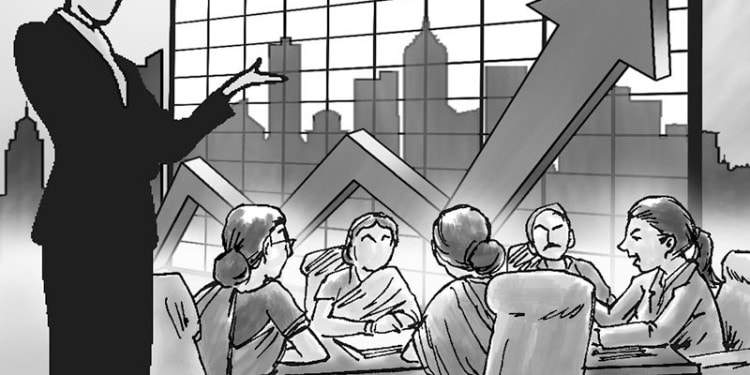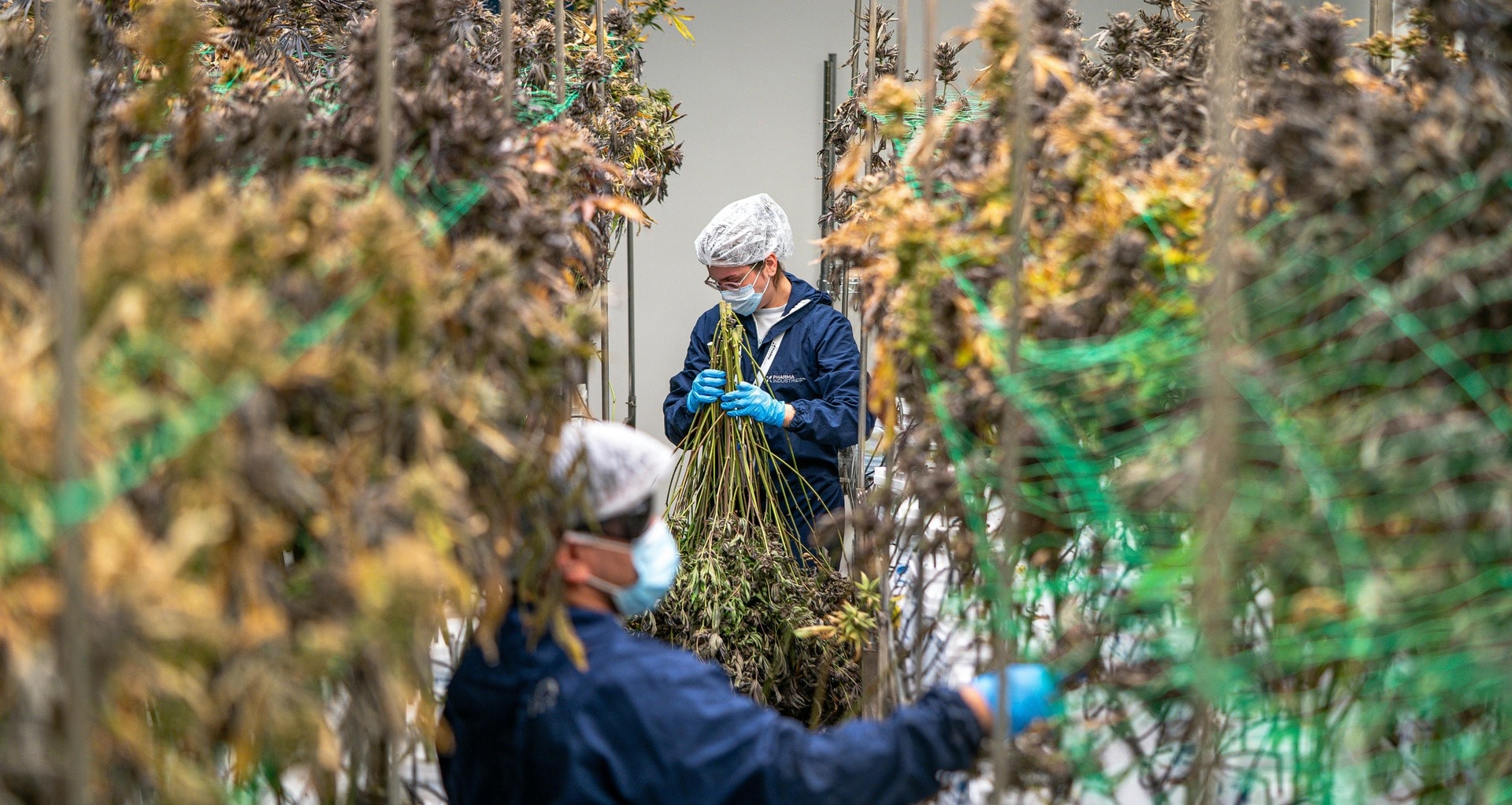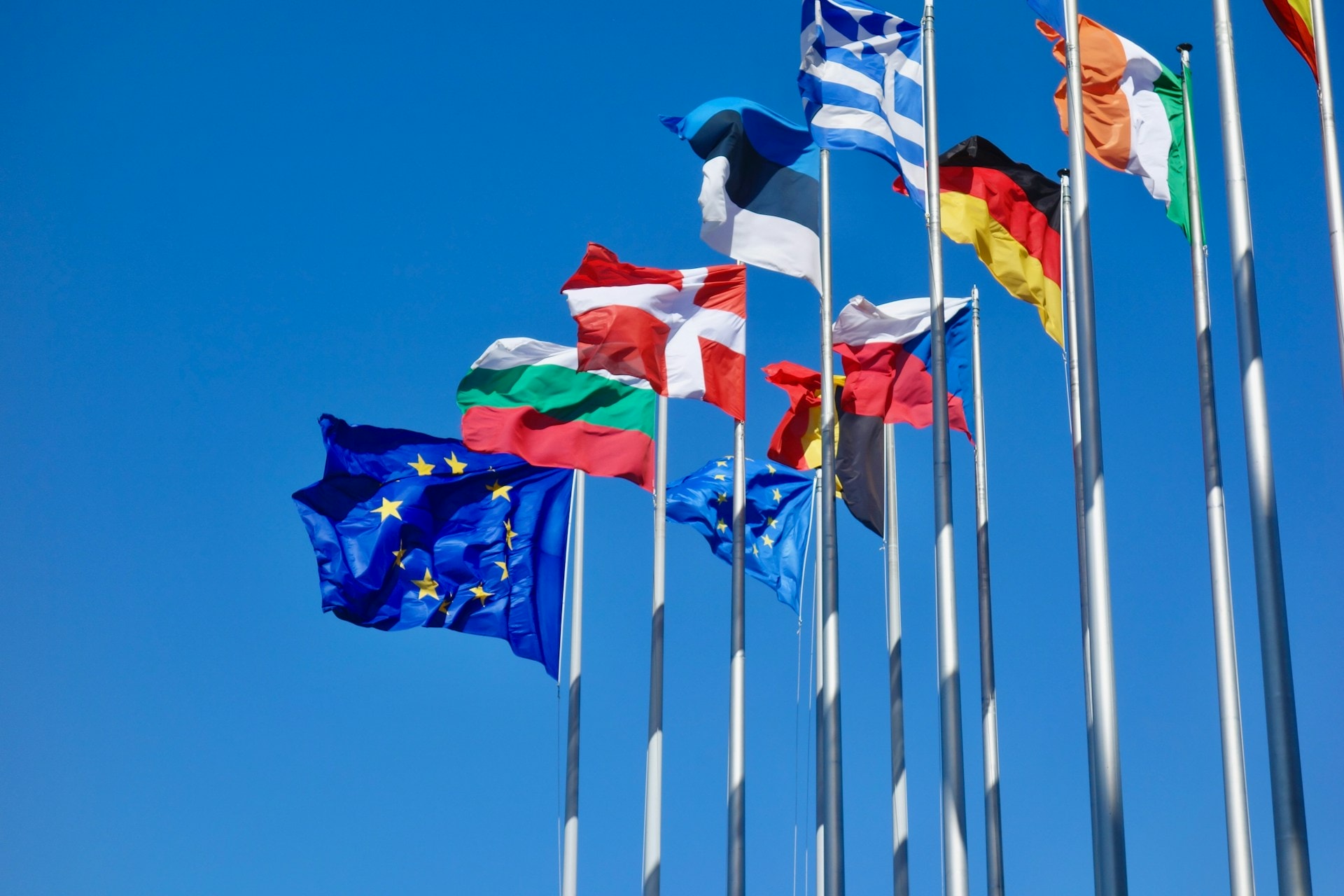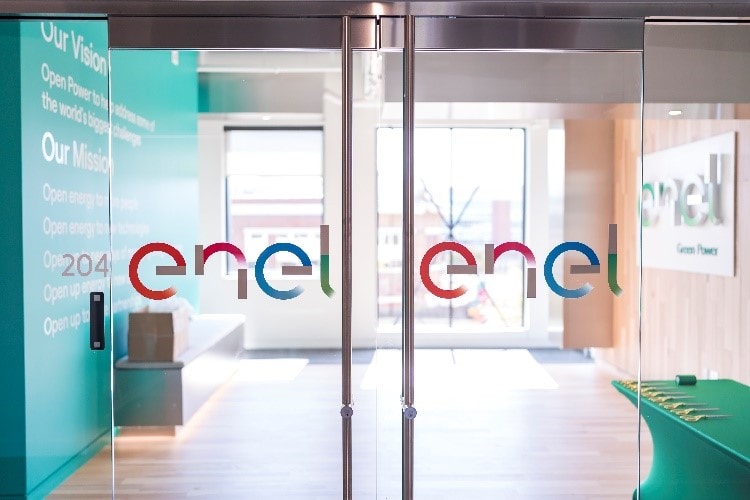When I was younger, my mother would not allow my siblings and me to sit at the dining table before my father arrived home for dinner. And, in his presence, only my brother could speak. I was always outspoken and had an opinion about everything, including the shape of pasta on my plate. But, I wasn’t allowed to express it no matter how much I wanted to. So, you can imagine, I was always in trouble! As I grew up, I was confronted with the consequence of my gender in society and the need for equality between men and women. I lost friends and lovers as they considered me too loud for a woman.
Today, the equality scene has evolved and diversified. Equality can hardly be established as one particular thing because its definition shifts depending on what suits the voices of the powerful at the time. In my opinion, gender equality is achieved when equal opportunities are available to women and men including social, economic, and political resources. However, feminism is not often perceived as such today. Currently, feminism focuses only on women.
There has been some progress towards including all genders in the equality frontier. Both the HeForShe campaign and the #MeToo movement involve men and women. These two social organizations convey that inequality is evolving to be an issue on which people of all genders speak out.
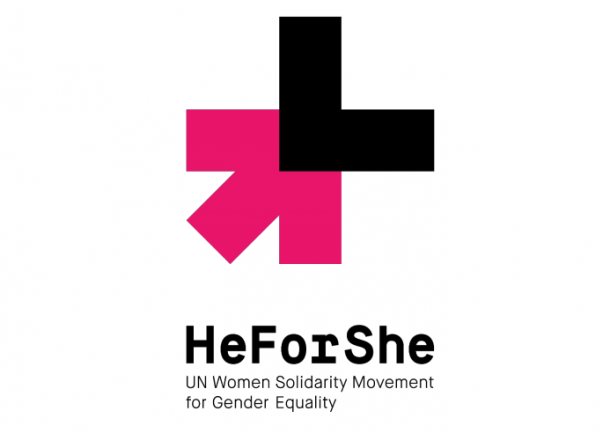
Many international organizations and governments have achieved gender parity at high levels. Women are increasingly being elected and appointed into political offices and spaces, essentially breaking the glass ceiling. Despite these achievements, there is still a large number of women who must continue challenging their societies to realize gender equity and equality. Rather than focusing on changing policy, the fight for gender equality has been reduced to descriptive representation. There’s a larger emphasis on the number of women achieving success in men-dominated societies and workplaces rather than on a substantive, independent representation of women in society.
“Gender equality” is currently dictated by perceptions. Through the physical presence of women in meetings and group photos, businesses led by women, and women-only communities, the fight towards gender equality is being perceived as more effective than it truly has been thus far.
Editor’s Picks — Related Articles:
Uabalika, a Movement to Empower All Women: Interview with Andra Massamba
SDG 5: Achieving Gender Equality
I support women-only spaces as they play a vital role in supporting women who have been more disadvantaged by gender inequality. They offer a sense of security, belonging, and collective empowerment. However, they do not fully solve the issue of gender imparity.
In some cases, the inclusion of women in the system does not have an impact on an organization’s achievement of gender equity. There are situations where a woman has been put into a powerful position, but her promotion does not have any effect on empowering women as a whole. For example, women have been involved in corruption and sexual scandals, have marginalized their fellow women, and have acted as gatekeepers to harmful traditional practices such as child marriage and female genital mutilation, all while being in powerful positions. Instead of being an agent of change and advancing towards gender equality, powerful women have often been detrimental to the cause.
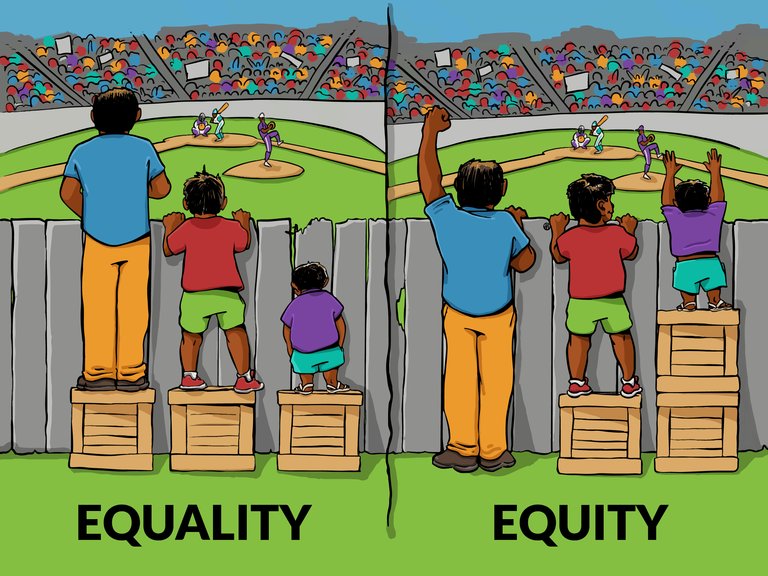
Women are not all the same and are not always given the same opportunities. Therefore, achieving gender parity at the highest levels does not necessarily mean gender equality has been achieved. Women who are less fortunate or who work at the grassroots level are often left behind. Thus, the top-down approach in which only privileged women are given opportunity should be dropped immediately, and a bottom-up approach in which all women are considered should be embraced and adopted. It is also important to incorporate cross-generational partnership in order to ensure the widespread achievement of women empowerment and gender equality. Closing the gap between women at higher and lower level positions in addition to recognizing the key role that young women play in realizing gender equality should be a priority.
On the path towards achieving gender equality, involving men in gender campaigns is critical. Men are both part of the problem and part of the solution. Men are seen as perpetrators, so we lock them out of most gender campaigns. Patriarchal systems are embedded in men’s minds and in society, which plays a key role in fueling them. It is not only about the attitudes of men, but also their practices, relations, and behaviors that perpetuate the oppression of women in society.
Therefore, leaving men behind in this significant movement would be a big mistake. Men and boys have a significance in the journey towards gender equality as inequality is intertwined with men’s practices and identities. In order to achieve gender equality, the patriarchy needs to be addressed from the inside. Gender equality is not about women taking or wanting what men have, but about sharing what is available equally between men and women.
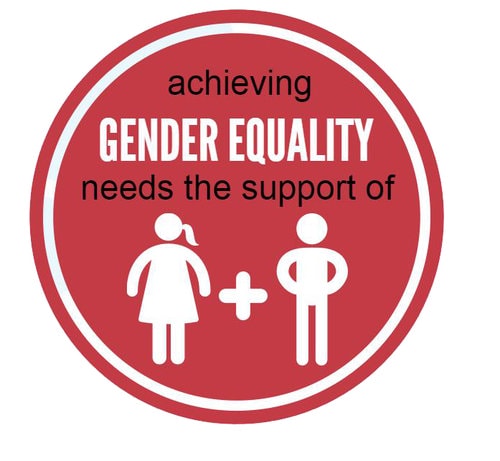
To be able to stop gender-based atrocities and discrimination at all levels, we must dismantle the patriarchy, eliminate harmful traditional practices, and involve men in gender conversations, campaigns, and meetings. The idea that bringing men into the conversation may lead to either taking over or shifting the conversation to anti-feminism is a valid and legitimate concern. Yet, men can be involved on a partnership level where their engagement would not be at the expense of women and girls. Instead, they can be educated on issues of gender inequality and can become allies to the cause.
As already mentioned above, having men as partners in development projects and activities will afford them the rare opportunity to learn from women, and from the achievements that have been realized. Feminists should consider trumpeting gender sensitive and responsive policies that incorporate both men and women rather than having parallel and isolating policies. It is time to embrace and acknowledge the fact that both men and women play an essential role in achieving gender equality and women empowerment.


